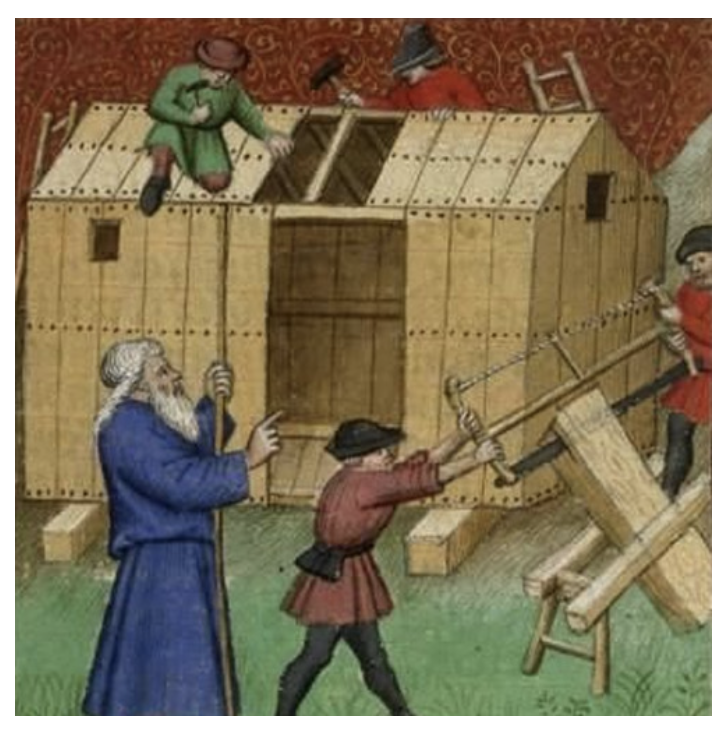"Age before beauty" said the debutante, waving an older woman ahead of her. "Thank you" said she, sweeping past. "Pearls before swine".
/i see, said the blind man, as he picked up his hammer and saw
That’s the perhaps apocryphal tale of the silly debutante (who was perhaps Clare Boothe Luce) and Dorothy Parker. True or not, I’ve always considered it the perfect example of the perfect riposte, but now comes sad news:
Traditional old sayings fading from vocabulary
Some of the English language's most traditional old sayings and phrases are falling out of use, with many Britons now no longer using or even understanding then, according to a survey.
The research, carried out among 2,000 adults aged between 18 and 50, found the top 50 expressions most at risk of never being uttered again.
The term casting 'pearls before swine' - meaning you are wasting your time by offering something that is helpful or valuable to someone who does not appreciate it - came top with 78 per cent of people saying they never use it in conversation.
It originates from the sixth verse of the seventh chapter of the Gospel of Matthew in the New Testament of the bible, as translated by William Tyndale in 1526.
The phrase went on to be repeated by some of the most renowned British writers including Shakespeare and Dickens.
And it only gets worse
The study found the majority (71 per cent) of modern Brits have never used the saying, 'nailing your colours to the mast' to mean, declaring their beliefs openly, a phrase which dates back to the 17th century, when nautical battle colours - or flags - were lowered as a mark of submission.It was also the custom in naval warfare to direct one's cannon fire at the opponent's ship's mast, thus disabling it.
If all of a ship's masts were broken the captain usually had no alternative but to surrender.
If the captain decided to fight on this was marked by hoisting the colours on the remnants of the ship's rigging, that is, by 'nailing his colours to the mast'.
A nod is as good as a wink', meaning that you don't need to be blatant with a signal if someone is willing to carry out a task, is no longer relevant for 66 per cent of Brits.
This saying dates back to the 16th century, with the longer version of phrase being: 'A nod is as good as a wink to a blind horse.' [*]
Even the classic proverb 'a stitch in time saves nine' is gobbledygook to 60 per cent of those who took part in the study.
Mad as a hatter' is also on the list, and though popularised through the Mad Hatter character in Lewis Carroll's Alice in Wonderland, the origin of the phrase pre-dates it.
Mercury was historically used in the making of hats and was known to have affected the nervous systems of hatters, causing them to tremble and appear insane.
The use of mercury compounds in 19th century hat making and the resulting effects are well-established, with mercury poisoning still known today as 'Mad Hatter's disease'.
'Knackers yard' is also on the list - which dates back to the 19th century and refers to places where old and injured animals, usually horses, were killed - as is 'curtain twitcher' which is a nosy person who watches his or her neighbours, typically from a curtained window.
We’re already losing phrases to political correctness: “off the reservation”, for instance, and “rule of thumb”, which required a completely spurious “history” to drive it from the lexicon, “man in the street”, “master bedroom”, “slave cylinder”, “tone deaf”, and on and on; what a shame to lose still more phrases from disuse, and the loss of Shakespeare and the Bible to the new illiterati.
* Or a blind bat, as the Circus Boys would have it
(Your editor apologizes in advance for declining to use “visually impaired”, and begs forgiveness)

